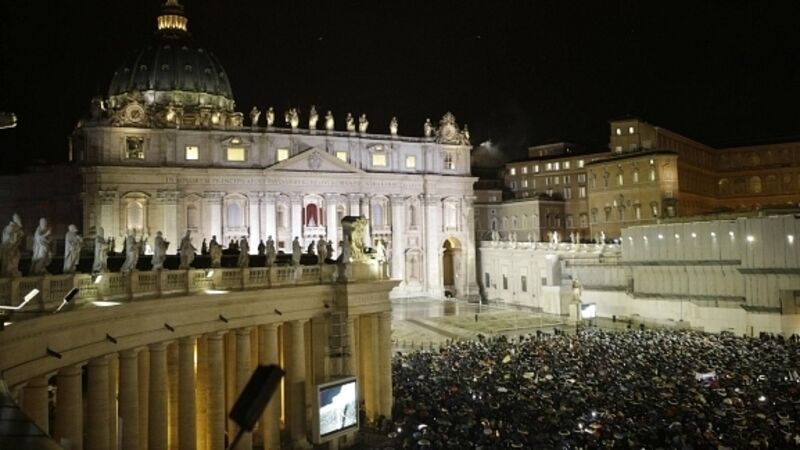Vatican bank publishes first annual report in bid for clarity

It comes as Italian prosecutors investigate alleged money-laundering there, a Vatican monsignor remains in detention and the pope himself probes the problems that have brought such scandal to the institution.
Earnings at the bank, known as the Institute for Religious Works, rose more than fourfold in 2012 as net trading income rebounded from a loss in 2011, the report said.













